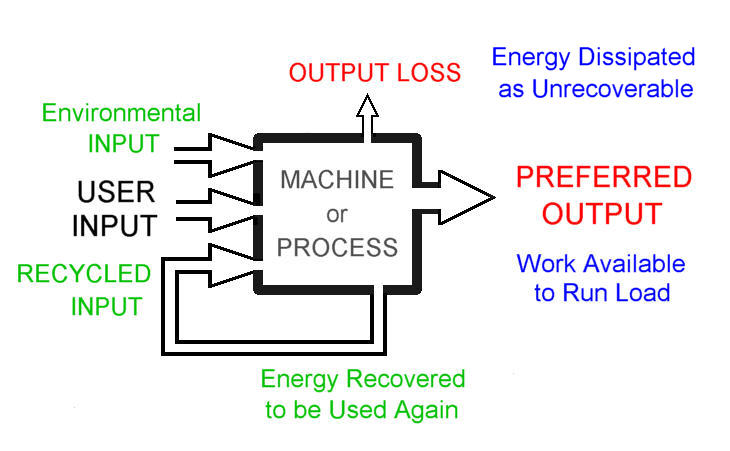Hey there, guys and gals! Today, we're going to talk about open systems. What's an open system, you may ask? Well, sit tight and I'll tell you all about it.
What Exactly is an Open System?
Let's Break it Down
Alright, so we've got this thing called thermodynamics. Sounds like a mouthful, I know. But it's really just a fancy way of saying "the study of heat and energy". Within thermodynamics, we have something called a system. A system is just a fancy way of describing anything we want to focus on.

Now, within this system, there are different types: open, closed, and isolated. A closed system is one that doesn't interact with anything outside of it. An isolated system is one that doesn't interact with anything outside of it, and doesn't allow any energy to transfer in or out. And finally, an open system is one that DOES interact with things outside of it. These interactions can range from energy and matter transfer to exchanging information.
Why Should You Care About Open Systems?
Tips and Ideas
So, why should you care about open systems? Well, there are a few reasons:
- Open systems are all around us. In fact, most things we encounter on a daily basis are open systems!
- Open systems are great for exchanging information and resources. Think about it: if a system is closed off from everything else, it's not going to be able to access any resources or get any help.
- Open systems can also help us better understand how things work. By examining the interactions between a system and its surroundings, we can better understand the system as a whole.
How to Spot an Open System
Okay, so now you know what an open system is and why it's important. But how do you know when you're dealing with one?

Here are a few characteristics of open systems:
- They exchange energy and matter with their surroundings.
- They can receive information from the outside world.
- They may have multiple inputs and outputs.
- They can often be found in nature, such as ecosystems and the human body.
How Can You Use Open Systems in Your Life?
Here Are Some Ideas
Okay, this all sounds great, but how can you actually use open systems in your life? Here are a few ideas:
- Collaborate with others. By working with different people, you can exchange resources and ideas, and get outside perspectives on problems.
- Keep an open mind. It's important to be receptive to new ideas and perspectives in order to learn and grow.
- Connect with nature. Nature is filled with open systems and complex interactions. By taking the time to observe and study these systems, you can gain a deeper understanding of the world around you.
Wrapping Up
And there you have it, folks! An introduction to open systems. Hopefully, this has helped you understand what they are, why they're important, and how you can use them in your life.

Remember, open systems are all around us, so keep an eye out for them! And if you're ever feeling stuck or isolated, try reaching out to the world around you. You never know what amazing things might happen.

Thanks for tuning in, and as always, stay curious!
Read more articles about Example For Open System


